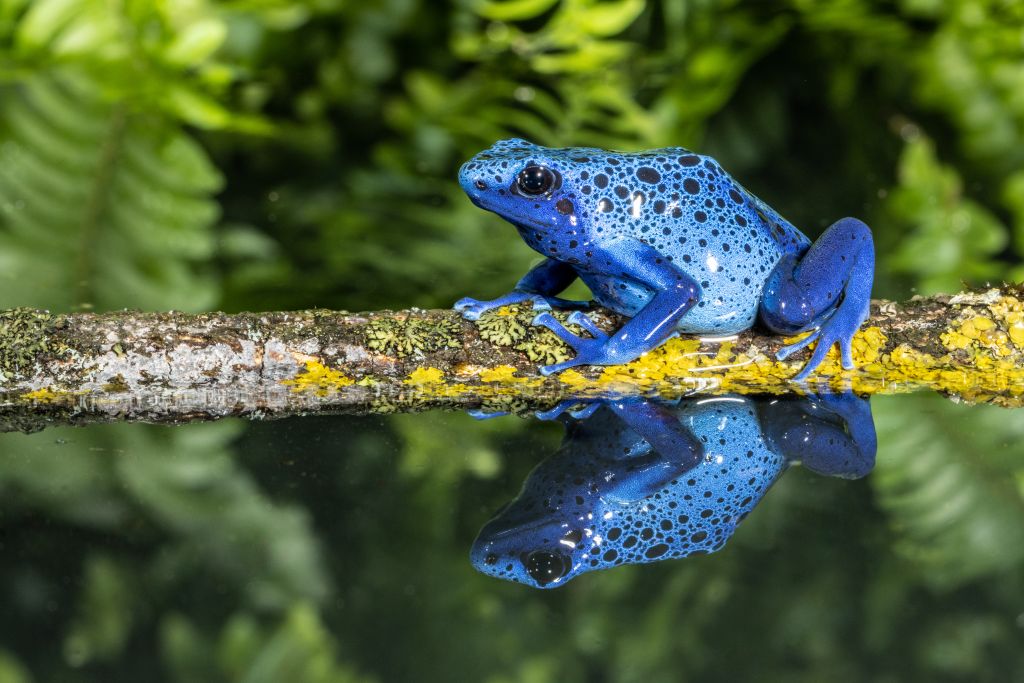Engineering Resilient Ecosystems

Ecological communities include microbes, plants and animals that interact with each other and environmental factors such as nutrients in the soil, water, and air. Functional ecological communities support food webs that sustain biodiversity, pollination of agricultural crops, nutrient cycling, and clean water systems. However, ecological communities can be disrupted by stressors, including the introduction of invasive species, emerging infectious diseases, extreme weather, pollution, and construction.
Scientists at the Huck Institutes of the Life Sciences aim to develop innovative strategies, using approaches spanning genomics to ecology, material science to civil engineering, to first identify communities at risk of disturbance and then protect, restore and create resilient ecosystems in our cities, farms, forests, streams, lakes and oceans. Through partnerships with conservation organizations, government agencies, and community stakeholders, we seek to translate these scientific advances into practical solutions that enhance ecosystem stability and services.
